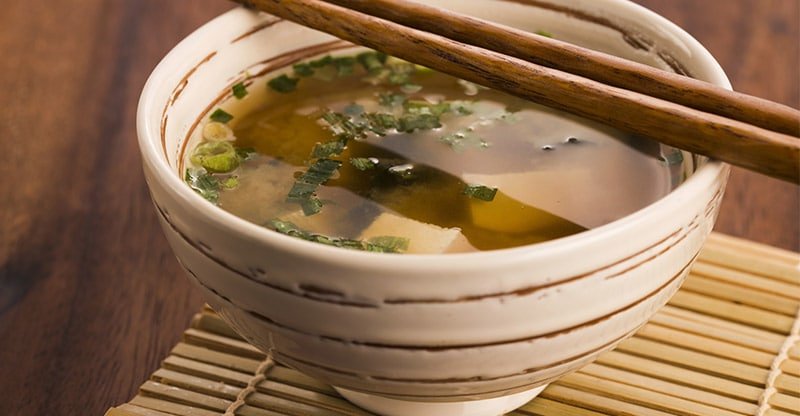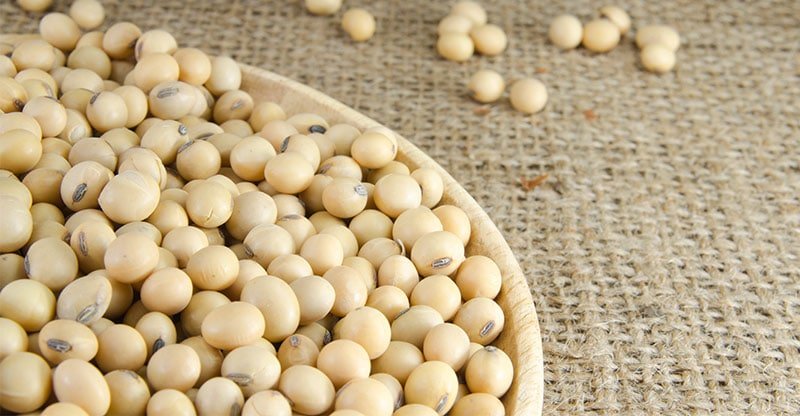While Asian countries have been consuming soy products for thousand of years, the western world may be considered as early adopters. And yet, it seems that the westerners are fonder of soy products these days. If you visit your local grocery store, you will find no shortage of soy products, like Soy milk, tofu and even soy baby formula.
However, have you really questioned if soy is truly healthy, or you simply assumed it is? Where did your assumptions come from? And, what are the real dangers of soy? If you are interested to know the answers to these questions, then stick around as this article is going to cover what you really need to know about soy products. Here’s a sneak peak – it is not healthy as you might think.
What Is Soy?
Soy is a kind of legume and it’s been cultivated in Asian countries for centuries. The soy plant produces a seed. Primarily, it is the seeds that are processed to produce a variety of soy products like tofu and Soya milk.
Soy And Your Assumptions
You may have heard about the great health benefits of Soy. During these times, your assumptions could come from two sources – vegetarians and Asians.
Vegetarians are always raving about their lifestyle. Since vegetarians are restrictive with their diets, most people assume that they have a superior diet regiment. While it is true that eating more greens is a lot better, but there are no studies to confirm that completely cutting out meat from your diet is beneficial for you. Ultimately, just because vegetarians have a restrictive diet, assuming that they are right may be a mistake.
Then there are the Asians. Most people think that since Asians have been using soy for centuries, it must be good. Another assumption is that because Asians are skinny, they must be eating healthy.
You must understand that although Asians do consume soy products, they do not consume it at the rate of the western world. In most countries in Asia, soy-based products are just condiments and rarely it is made a main course. Also, most Asian cultures do not substitute soy product for animal protein. Lastly, most Asian cultures makes use of soy after it is traditionally fermented or fermented, which mitigates its harmful properties.
Now that we have questioned your assumptions about soy, now lets move on to the real findings.
The Ugly Side Of Soy
- Phytoestrogens – clinical research shows that soybeans have phytoestrogens. When consumed, these phytoestrogens mimics the effects of natural estrogen hormone. If you have a normal hormone balance, then tampering with the balance can lead to serious problems. For men, phytoestrogens may lead to increased risk of certain cancers, low sperm count, infertility and testosterone imbalance.
- For women, phytoestrogen can cause estrogen dominance, which may lead to cancer, menstrual problems and infertility. Some people think soy milk is good for infants. Guess what, the pythoestrogens contained in soy milk is so concentrated that an infant could be consuming hormones that are equivalent to having 4 pills of birth control per day.
- Phytic acid – research shows that soy has high amounts of phytic acid. The problem with phytic acid is it inhibits proper absorptions of key minerals like magnesium, iron, copper, calcium and zinc.
- Protease Inhibitors – most people don’t know what protease inhibitors are. The short version is, protease inhibitors block specific enzymes that are needed for proper digestion of important proteins.
- Goitrogns – another dangerous compound found in soybeans, and this one is a potent anti-thyroid. As it is an anti-thyroid compound, it means it can lead to thyroid disorders and disrupt normal endocrine functions.
- For infants that are on soy formula, increased risk for autoimmune thyroid disorder is very possible.
But I Am Glutent Intolerant
Most people who are gluten intolerant carelessly assume that soy-based products are the alternative answer that they are looking for. If this sounds like you, then you might want to reconsider your position.
Various studies show that soy does not only help people with gluten intolerance, but it can even worsen the problems. One of the main culprits is Lectins. Lectins may cause intestinal damage and hinders the healing process for people with gluten intolerance.
As A Protein Source
Ah yes! The vegetarian’s ace in the hole. The biggest problem with the vegetarian diet is the lack of protein intake. From a vegetarian’s standpoint, this is where all the hype about soybeans is rooted.
Vegetarians argue that they can skip real meat as they can consume soy products to complete their protein needs. You probably know where this is going. And yes, it’s time to find another non-meat protein source. Soybeans are not really complete as a protein source.
At the end of the day, soybeans are still beans and it has the same problems with other beans. In this context, similar to other beans, soybeans do not have Cystine And Methionine.
Then there is the Vitamin B-12 in soybeans, which is often heralded by the vegetarians. Here’s the real deal. While it is true that soybeans contain Vitamin B-12, but it’s a form that the body cannot use it. If you combine other inhibiting factors brought by soybeans, your body will actually need more Vitamin B-12 if you continually consume soy products.
Soy Products – If You Must Consume Them
This article whole-heartedly suggests that you avoid soy products. However, some people love soy-based products for enjoyment rather than for touted health benefits.
If you must consume soy, you can enjoy the soy-based products as long as it is in a fermented state. The fermentation process actually removes some of the harmful factors contained in the soybeans. A few examples are Miso and Tempeh. In fact, these some of these fermented soy-based products do have health benefits if consumed in moderation.

Is Soy Bad For You? Conclusion
Is soy bad for you? The short and quick answer is yes. Although soy has been promoted by vegetarians and has been consumed in Asian countries for centuries, it is only now that actual studies have been done. Most people only assume that soy is good without really doing any homework.
Studies show that continually consuming soy can lead to hormonal imbalance and malabsorption problems. The study also shows that soy is not a complete source of protein, and may even cause your body to need more of certain nutrients.
If you must consume soy, make sure it’s in a fermented state as this removes most of the harmful factors.
Was this article on “Is Soy Bad For You?” helpful? If so please let us know below in the comments!
